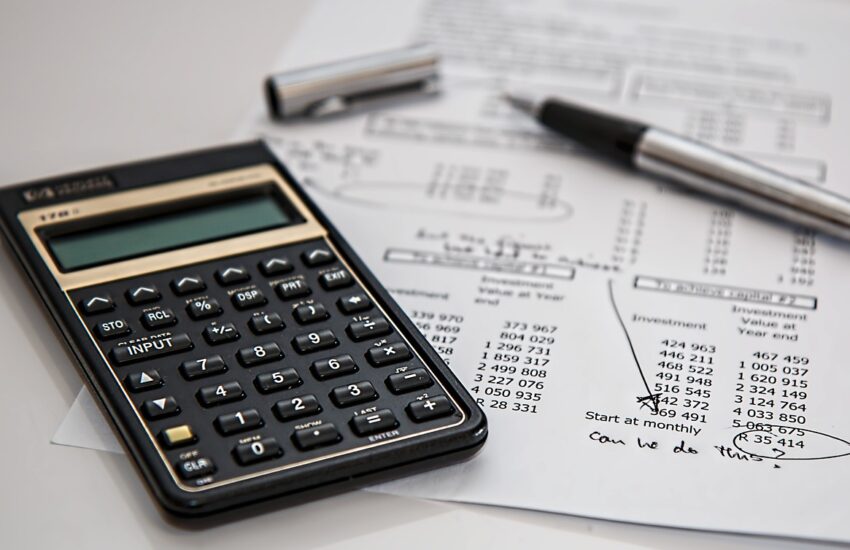In a previous post I described what VAT is and who pays it. In Poland, when you set up a sole proprietorship run by an individual, you have to choose whether you are a Vat (an active VAT payer) or a non-Vat (that is, a passive VAT payer).
Note: The following article is not legal, financial or tax advice.
This choice is quite complicated, because you can be a registered VAT payer, but exempt subjectively (due to a certain amount of income) or objectively (due to the type of activity according to the PKD). I’m not going to consider this in detail, it’s best if you work it out with your accountant which is more beneficial for you. Below I will describe what is worth considering from the point of view of customers and suppliers, so these will be purely managerial criteria, not accounting or tax criteria. You can read more about tax issues here: https://www.biznes.gov.pl/pl/portal/00246
Note that the following considerations are not tax advice. You will have to ask your accountant or tax office about the right solution for your business.
And now an important assumption about your business model. Remember that as a business you are in the value chain delivered to the customer. If you sell products to individuals, you are most likely the penultimate link in the chain in delivering value, as the final customer – the individual – is the last one. If, however, your customer is a company that uses what you have delivered to it further to produce its products or provide its services, then you occupy a place much earlier in the value chain. Both situations significantly affect the choice of whether or not it’s worthwhile to be a Vat.
Let’s assume situation 1 – your customer is an individual. Then if you are not a Vat (for whatever reason from an accounting point of view), you will be able as an accounting document to issue a bill or invoice “zw” (in Poland) without adding VAT. What does this mean for the customer? The customer (an individual) has to pay a lower price for the product or service, which is exactly the amount you have determined that you want for it. If you are Vat, the customer will automatically pay 123% of the price you want to get. Your price, which is the real price for the product, is the net price. The net price plus VAT is the gross price.
You’ve probably immediately thought that it’s always a good idea to be non-Vat because you can offer lower prices than your Vat competitors. This can be the case, provided that the type of your business allows you to be non-Vat. You’ll have to ask your accountant about that. There is another detail – if this could be the case, probably most of the companies in the sector would be non-VAT, so you wouldn’t stand out with a lower price. That’s why it’s not so easy to compete with your net price compared to your competitors’ gross prices.
Let’s assume situation 2 – your customer is a company that is an active VAT payer. Then the VAT on your invoice is irrelevant to your customer, because you both use the net price in your negotiations and business communications – the price you really want to get for your product, and your customer is considering whether the net price can be paid to use your product further in the production of its products or provision of services.
It follows that if your customer is a Vat business, it will be convenient if you are also a Vat business, because for your customer VAT is irrelevant (and sometimes it is even beneficial if he buys a fixed asset, such as a car, and if he has your VAT invoices, then he can deduct the VAT on the asset and simply the car he buys is cheaper for him).
However, whether your customer is Vat or non-Vat is not the only argument to choose one of these options (if there is a legally allowed choice). It is still worth considering who your supplier is. I will write about this in my next post.
You probably immediately thought that it’s always a good idea to be non-VAT, because you can offer lower prices than your VAT competitors. This can be the case, provided that the type of your business allows you to be non-Vat. You’ll have to ask your accountant about that. There is another detail – if this could be the case, probably most of the companies in the sector would be non-VAT, so you wouldn’t stand out with a lower price. That’s why it’s not so easy to compete with your net price compared to your competitors’ gross prices.
Let’s assume situation 2 – your customer is a company that is an active VAT payer. Then the VAT on your invoice is irrelevant to your customer, because you both use the net price in your negotiations and business communications – the price you really want to get for your product, and your customer is considering whether the net price can be paid to use your product further in the production of its products or provision of services.
It follows that if your customer is a Vat business, it will be convenient if you are also a Vat business, because for your customer VAT is irrelevant (and sometimes even beneficial if he buys a fixed asset, such as a car, and if he has your VAT invoices, then he can deduct the VAT on the asset and simply the car he buys is cheaper for him).
However, whether your customer is Vat or non-Vat is not the only argument to choose one

